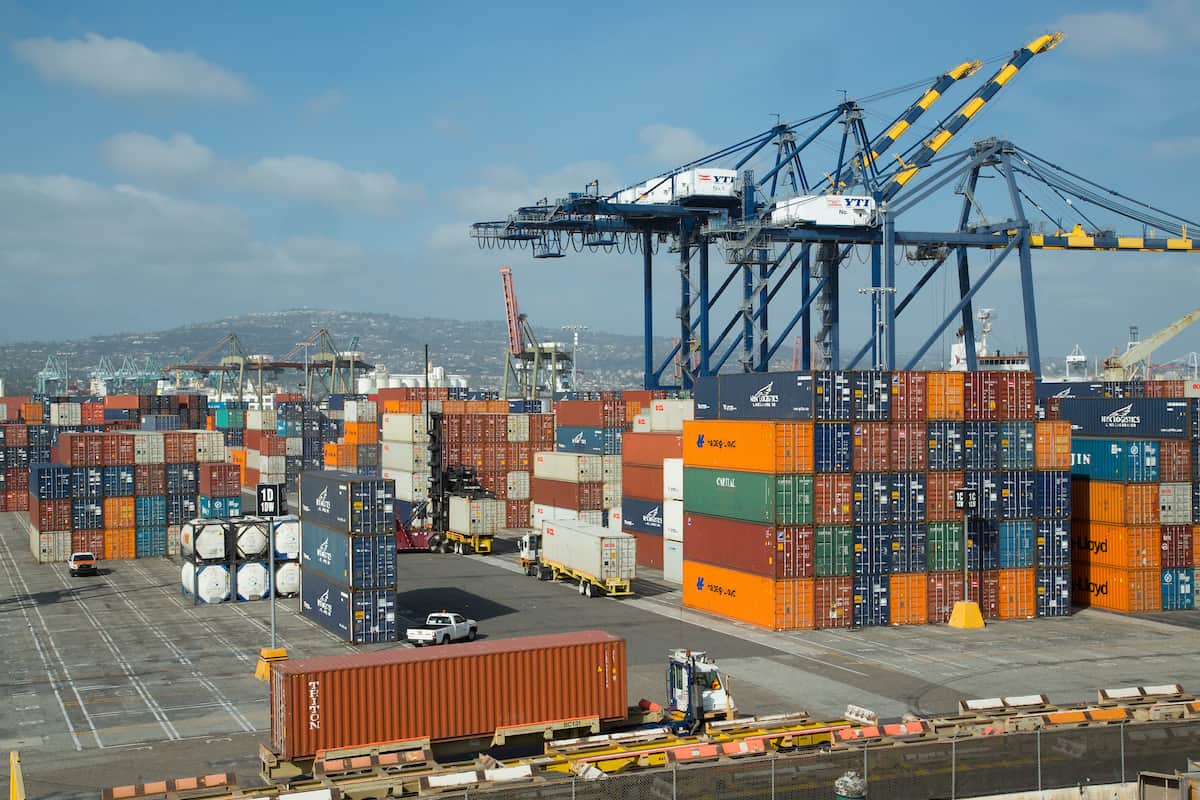What Manufacturers Want on Trade Policy

Manufacturers of all sizes must be able to compete in a global economy—and that means selling not just to consumers in the U.S., but also to the billions of consumers who live around the world. That’s why the NAM is standing up for a robust U.S. trade policy that advances strong rules and partnerships that promote open markets, improve competitiveness, increase business predictability and boost manufacturers’ ability to reach new customers abroad.
Our priorities: The NAM is interested in a U.S. trade agenda that supports open global markets so that manufacturers can benefit globally from the same principles that we value at home: nondiscrimination, fairness, equal opportunity and competition.
- It is also focused on pushing back against foreign practices that harm manufacturers and their employees in the U.S. and holding countries like China accountable. Ultimately, the NAM is committed to improving U.S. global competitiveness, supporting innovation, growing the economy and strengthening the industrial base.
Our solutions: To accomplish these goals, the NAM has offered a series of solutions for national policymakers and other leaders, including:
- Implementing the CHIPS and Science Act and pursuing additional legislation to strengthen supply chains and support a STEM workforce;
- Negotiating cutting-edge trade agreements and enforcing existing trade rules;
- Comprehensively enforcing existing U.S. trade agreements, including full implementation of the United States–Mexico–Canada Agreement;
- Standing firm in support of strong global intellectual property protections;
- Accelerating efforts toward a clear, comprehensive U.S.–China strategy that promotes fairness, accountability, enforcement and business certainty;
- Reforming international trade rules and institutions, such as the World Trade Organization;
- Bolstering U.S. export promotion and financing tools and reforming export control policies;
- Modernizing customs operations to cut red tape; and
- Updating the U.S. tariff code, including through enactment of the Miscellaneous Tariff Bill.
What we’re saying: “Manufacturers believe that strong U.S. global economic leadership and engagement with our allies—including by forging strong, enforceable U.S. trade agreements—are critical to tackling shared global challenges, expanding export opportunities, diversifying sources for trade, ensuring supply chain resiliency and promoting American values,” said NAM Vice President of International Economic Affairs Ken Monahan.
- “Without such trade deals, manufacturers in the U.S. risk being left behind our global competitors, many of whom are actively negotiating new agreements that exclude us. The time is now for the U.S. to get back in the game.”
Learn more: Find out more about the NAM’s priorities around trade in “Competing to Win”—a blueprint for policies that support manufacturing in America.
